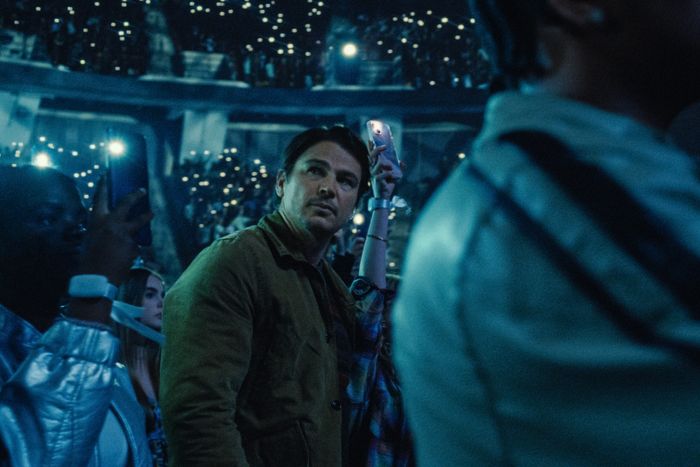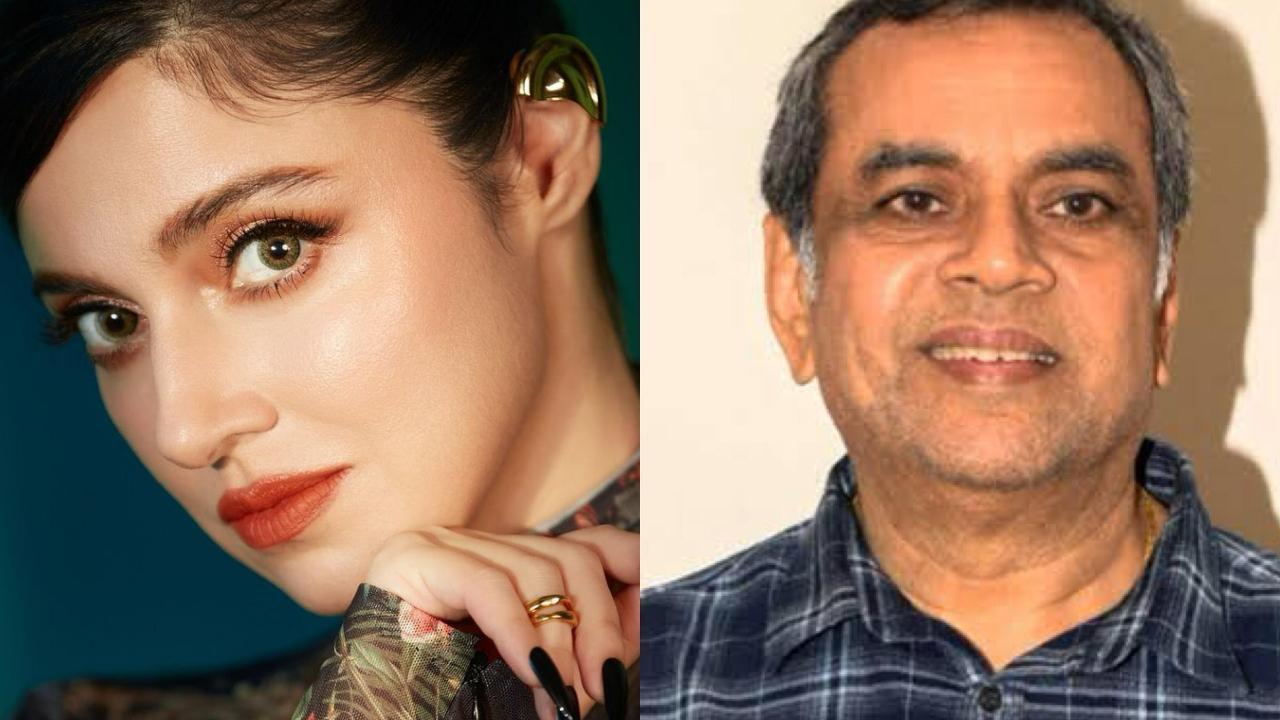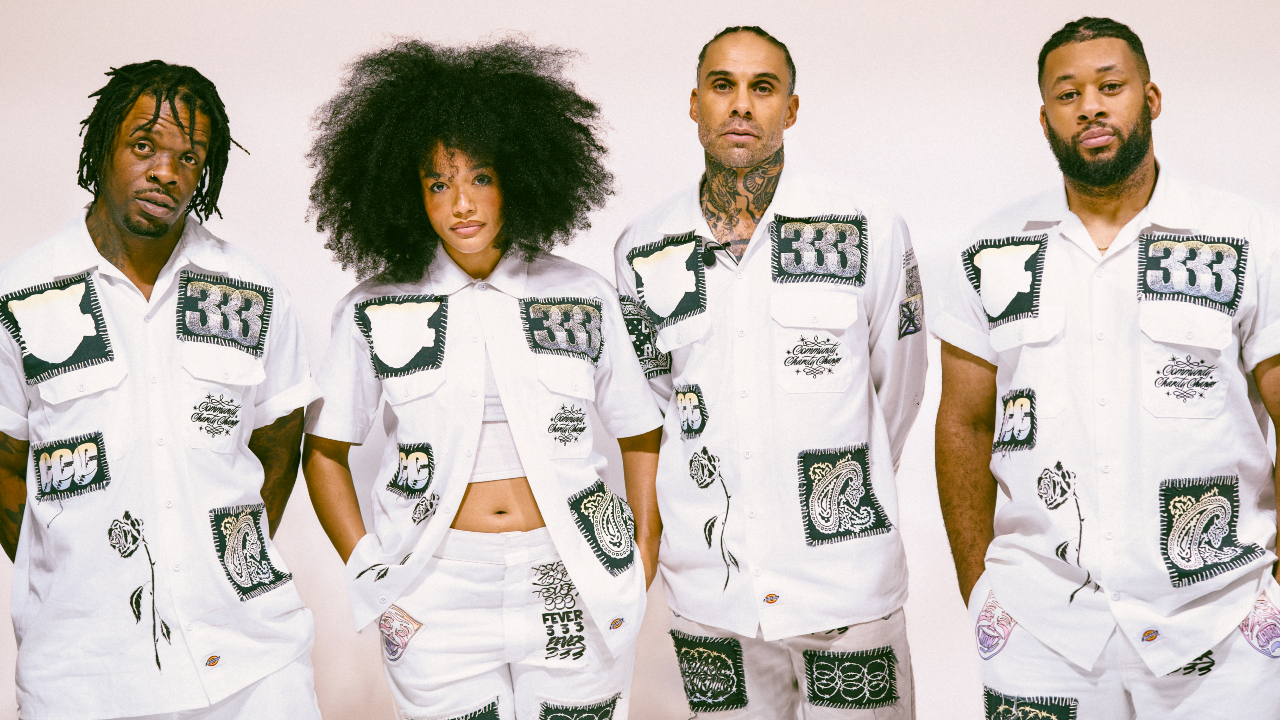Spoilers ahead for the ending of Trap. There was a time, back in the early 2000s, when just about every new movie by M. Night Shyamalan ended with a big twist .
(It’s how he got his unfair reputation as a one-hoodwink pony.) These days, however, the writer-director of The Sixth Sense , Unbreakable , and The Village has mostly moved on from his famous/infamous tendency to pull the rug out from under the audience in the closing minutes. There is, for example, no earth-shattering surprise lurking at the finish line of his new film, Trap .

That is, unless you count the fact that his latest divisive, proudly illogical thriller has a great premise, but only really gets interesting after it abandons it. Even if you haven’t seen Trap yet, you probably know what it’s about. The trailer lets that cat right out of the bag.
Josh Harnett is Cooper, a sweet girl dad who takes his teenage daughter to a pop concert. Only it turns out that Cooper is also..
. a vicious, at-large serial killer dubbed The Butcher. And the authorities — responding to a lead that he’s going to be there — have turned the whole show into a sting operation to catch him.
The first half of the movie is set entirely within the Philly arena, as Cooper tries to balance playing chaperone to the superfan under his care and finding a way to slip past the small army of police officers roaming the venue and guarding its exits. Eventually, Cooper does escape, making the unlikely decision to come clean to the pop star (Saleka Shyamalan, the filmmaker’s daughter) and essentially commandeer her limo. The second half of the movie ditches the limitations of a single-location thriller in favor of an increasingly implausible series of showdowns and evasions.
It then throws walls around the character again with a quiet, tense scene in the family home, where Cooper returns to confront his wife, Rachel (Allison Pill). This climax shrinks the action to the much smaller space of a single kitchen, and prunes away a crowd of 20,000 bystanders, leaving only two spouses finally seeing each other clearly. The subsequent conversation is like something out of a whole different movie, something much darker than the preposterous caper we’ve been watching.
Harnett finally gets to show us the real Cooper: the killer unmasked, no longer obligated to wear what the TV show Hannibal once referred to as Lecter’s “very well-tailored person suit.” It also becomes clear, over these suspenseful few minutes, that Rachel has been concealing her own secret — namely, the suspicions she’s harbored about her husband’s true nature. That the police knew Cooper was going to be at the show because of a ticket receipt they found in one of his murder houses is among the many bird-brained ideas in Shyamalan’s script.
(Why, in 2024, would anyone have a physical receipt for a concert?) But the revelation that it was Rachel who planted that receipt is a plot revelation with some real bite. It opens up a whole domestic drama underneath Trap . This one scene raises a lot of intriguing questions about Cooper and Rachel’s marriage.
How did he maintain his dual lives for as long as he did? And when did she first get an inkling that there was something seriously wrong with him? Rachel says that the giveaway was the medical cleaning solution she smelled on his clothes. But surely there were smaller hints throughout their years together. You can’t help but think of Todd Solondz’s Happiness , in which a suburban dad destroys his family by indulging the pedophiliac desires he’s kept concealed under a guise of buttoned-up normalcy.
The scene ends with a drugged Cooper finally falling into police custody. As he’s dragged to a squad car, his daughter, Riley (Ariel Donoghue), arrives just in time to see him hauled away. Here, again, Shyamalan strains credulity.
How incompetent would these cops have to be to bring her back to the house while her serial-killer father is still there? But the lapse in logic allows for some genuine anguish to creep into Harnett’s performance, as Cooper is confronted by Riley’s distress. We see the full paradox of this killer, a cold-blooded monster who also happens to genuinely love his family. His rage towards Rachel a few minutes earlier conveys something similar.
He’s not just angry that he’s been betrayed by his wife — that his crime spree is over because of her — but genuinely hurt by the revelation. The smartest thing about Trap , a movie with some very stupid plot turns, is the way Shyamalan inverts the structure of his past thrillers. Rather than preserve the big surprises for the ending, he drops them at the start; the twist, in this case, is the premise itself.
(Who is that merch vendor who spills the beans, the one played by Jonathan Langdon, but the filmmaker himself, breathlessly explaining his own conceit?) By revealing who Cooper is from almost the very beginning, and by letting us in on the sting operation upfront, Shyamalan privileges suspense over surprise. He lets us in on the secret, and then gets to play with it for two hours. The irony, though, is that for all Shyamalan does to exploit his premise, he ends up teasing a more interesting movie than the one we’ve watched.
That ending in the kitchen, when Cooper and Rachel lay all their cards on the table, reveals new layers of intrigue at the eleventh hour. Trap , in its final minutes, gets you really thinking about the compartmentalizing that happens when you start a family. Who we are to our loved ones isn’t always entirely who we are.
It’s how Cooper can be a force of evil and also a good husband and father all at once. The two sides of him are not mutually exclusive. His duality becomes an extreme version of any person who does wrong to others and right by their own.
It’s also just a wicked perversion of the work-life balance conundrum. Who is Cooper really but a guy struggling to keep his twin passions separated? (Shyamalan, like his protagonist, has failed to do that with Trap , which is basically the definition of mixing work and family.) Shyamalan leaves you wanting to know more about this family, and how it’s operated over the years, with secrets hidden in the shadows of the “perfect,” ordinary suburban life Cooper, Rachel, and Riley have carved out for themselves.
The high concept of Trap conceals a more fascinating, disturbing portrait of evil as a side hustle. The movie builds to that revelation — and then ends just as it’s really become interesting. How’s that for a twist?.



















